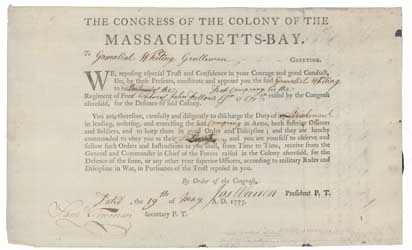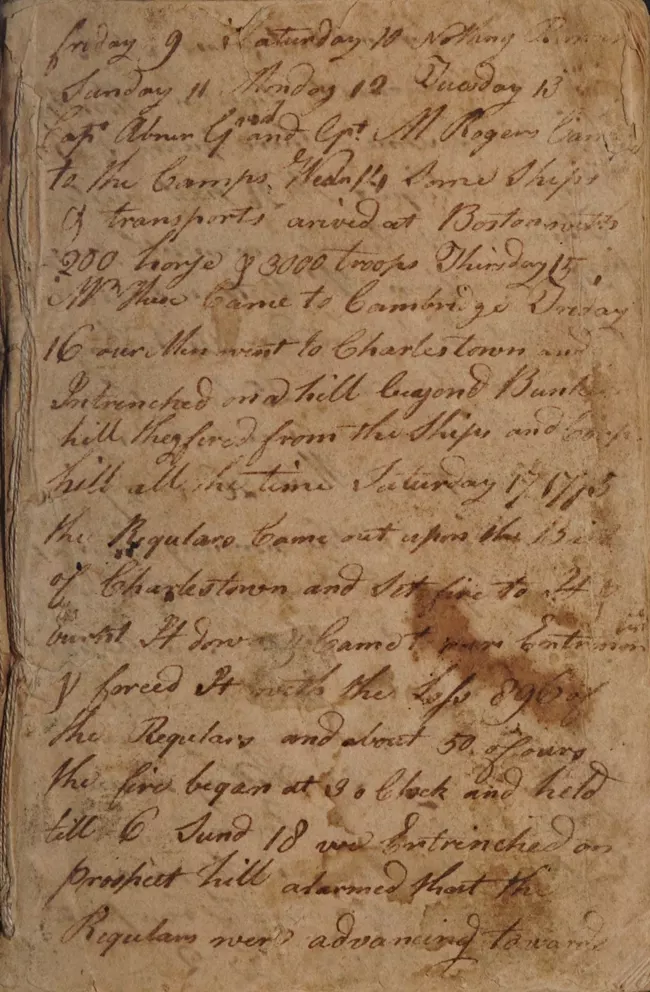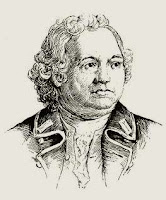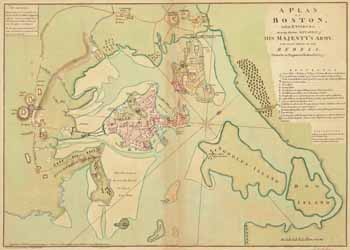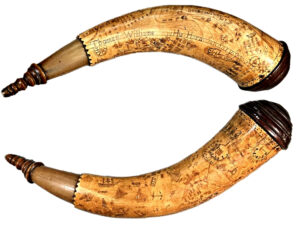“General Folsom proposes also to retire”
Ward immediately wrote back to John Hancock, chair of the Continental Congress, accepting the post. He also warned that “the Appointments in this Colony [Massachusetts]” might “create Uneasiness.”
They did, along with those for Connecticut generals, as I wrote last month.
And what about Nathaniel Folsom, who’d just solidified his authority over the New Hampshire colonels at the siege? His letter dated 1 July indicates no one had told him about the Continental Congress’s commissions yet.
As I’ve stated, the New Hampshire Provincial Congress had named Folsom as the colony’s general officer in April, and then reaffirmed that choice in May.
Yet New Hampshire’s delegates to the Continental Congress apparently didn’t pass on that news. Nor did those men, John Sullivan and John Langdon, suggest that the senior New Hampshire officer already at the siege, John Stark, be made a brigadier general.
Instead, they apparently looked around and told their colleagues in Philadelphia that the very best choice of a general from New Hampshire was…John Sullivan.
Sullivan (shown above, nominally) didn’t have any military experience from the last war, unlike Folsom, Stark, and the next two colonels, Enoch Poor and James Reed. He was younger than all those men. But Sullivan was in Philadelphia, and he was enthusiastic. So on 22 June he got the nod.
Gen. George Washington left Philadelphia the next day and arrived in Cambridge on 2 July, carrying commissions for his subordinates. His first general orders, issued the next morning, acknowledged the presence of “General Falsam.” But the conversations were probably awkward.
Sullivan arrived in Massachusetts a week later. So far as I know, there are no documents preserving his interactions with Folsom and the colonels.
On 20 July, Washington told Hancock and the Congress that “General Folsom proposes also to retire.” The older man returned to New Hampshire. On 24 August, its provincial congress “Voted That Nathaniel Folsom; Esqr. be the General Officer over the Militia in this Colony.” So he got to keep the rank of general.
Folsom remained active in New Hampshire politics, and he also served a second stint in the Continental Congress from 1777 to 1780. He presided over his state’s constitutional convention in 1783. And then, because that constitution forbade plural office-holding, he resigned his post as militia general in favor of being chief judge of his county.
Nathaniel Folsom exercised unchallenged command of New Hampshire’s army from 24 June to 3 July 1775, or a little over a week. He oversaw New Hampshire’s wartime militia for eight years.





